You finally got around to bathing your dog (since you've been putting it off for weeks), and now the smell is almost unbearable. After the bath, you still notice a distinct smell — you might be thinking to yourself, "why does my dog stink after a bath?" Some of the reasons your best friend smells may include infections, sickness, and gas.
Washing your dog shouldn't be the only grooming your dog gets. Pet owners should regularly check their dogs for any health issues or injuries to ensure they are always in the best shape. Let's find out why your dog might stink after a bath and how you can prevent and get rid of it!

What Causes Strong Odors From Dogs?
Even if you bathe your dog and maintain regular grooming and good care, other factors can cause your dog to smell. Here are a few of the most common reasons why dogs smell, and why your pup may have a strong body odor!
Ear Infections
Dogs are very prone to ear infections. In fact, this is one of the most common ailments dogs go to the vet for. A strong odor (some say it smells like cheese) can result from a bacteria or yeast infection, which causes a dog's ears to itch.
If you notice an odor or your dog constantly itching their ear, you can try to use a vet-approved ear cleaner with a cotton swab to clean it out. If the infection looks serious, you can bring your dog to the vet for better care!
Skin Infections
Skin infections are another common reason for odor. There are many ways a dog's skin can become infected — allergies, hormonal changes, a fungal or yeast infection, parasites, inflammation, wounds, etc. If your dog's skin stinks and itches even after a bath, you might need to switch to an antibiotic or special treatment best CBD shampoo to relieve the infection. You should visit the vet for more serious conditions because the skin problems might be painful or unpleasant.
Dental Disease
Bad breath might be the cause of bad odors! Bacteria can grow in your dog's mouth if you aren't regularly brushing their teeth. Lack of brushing can result in dental issues like tooth decay and even infection of the heart and kidneys if left untreated.
Something Smelly
It's also possible that your dog got into something smelly or dirty. It can be anything from unclean water, something rotting, dirt from the dog park, feces — pretty much anything and everything is in the realm of what your pup can get into. You might need a second wash if the smell becomes unbearable or use dog cologne to mask the smell temporarily.

Gas
Dogs can get gas, too. Whether it's from unfamiliar foods, new treats, eating something that doesn't sit well (or is rotten), medications, or even stress, it's common for dogs to develop gas once in a while. A quick solution is changing their diet to a bland, familiar diet.
Anal Gland Issue
The anal glands are small sacs in the rectum that dogs use to mark their scent in the wild. Dogs naturally express these glands when defecating or scared. Sometimes if there's a more serious issue, a foul odor will remain.
Internal Organ Disease
In worst-case scenarios, an unpleasant smell can result from a serious medical condition such as kidney failure or diabetes. Other signs of a more serious health condition are bad breath, lethargy, lack of appetite, and a general feeling of sickness. If you suspect that your dog has organ disease, contact a vet right away.
Urinary Tract Infection (UTI)
A urinary tract infection (UTI) will cause your dog to produce very foul-smelling urine. The smell will have a very sour or fishy smell to it. However, a UTI is easily remediated with the help of antibiotics prescribed by a licensed veterinarian.
Smelly Dog — Things To Look For
A responsible dog owner should regularly inspect their dogs for any visible cues that might be behind their odor issues. Inspection is especially important if you notice your dog smelling bad for a prolonged period with little to no improvement. To help you narrow down the signs and symptoms of what to look for when examining your pungent pup, we've compiled a list of the most common indicators that might be the reason for your dog's nasty smell.
Coat or Skin Changes
Patches of thinning hair or outright hair loss can leave your dog susceptible to bacterial skin infections. These infections cause a foul stench and eventually spread throughout their coat. Be on the lookout for changes in your dog's skin color ranging from bright red to patchy black. These patches of discolored skin are especially common in dogs that already suffer from skin conditions. They're also common in those that keep licking, rubbing, or gnawing at their skin.
Discomfort Signals
Obvious signs of discomfort can be your dog trying to tell you that they have an issue causing their unappealing stench. Some discomfort signals to look out for include:
- Itching and scratching
- Constant licking
- Rubbing their body against surfaces, furniture, or people
- Gnawing at particular parts of their body
- Feverishly shaking their body, especially their head.
Intensifying Stench
Always keep your nose trained on how bad your dog smells. If you notice the stench from your dog progressively becoming more pungent, it may be a telling sign that the underlying cause of their smell is worsening. You should immediately take your dog to the veterinarian, as the intensifying smell may signify a growing bacterial infection. The most common type of skin issue and odor-causing bacteria affecting dogs are Staphylococcus pseudintermedius and Malassezia yeast.

Locate Where the Smell Is Coming From
Put on a pair of examination gloves and examine your dog's body to see where the source of their stench is coming from. Inspect their skin, in and around the ears, inside their mouth, groin, and other areas of their body. Trust your senses, follow your nose, and look for obvious signs of infection or unusual changes to their skin and coat.
Type of Odor
Identifying the type of odor coming from your dog can help you determine the issue they're dealing with that's causing the smell. Each problem produces a distinct smell, and the intensity of any dogs' smell can help determine how bad any issues are.
Most of the time, odor-producing bacteria are behind these distinct smells. For example, very bad breath can be a sign of dental disease. If your dog's urine has a strong, foul smell, they most likely have a UTI. Issues with your dog's anal sacs produce a fishy smell. Ear infections tend to produce inviting smells like caramel or grapes or unpleasant odors like bad breath or rotten chicken.
Why Does My Dog Stink After a Bath?
A stinky dog might not have anything to do with its coat. As we mentioned above, a bad smell can result from other causes ranging from dirty water to internal organ disease.
The most common reason for a foul smell is an ear or skin infection. Typically, all your pup needs are antibiotics, anti-inflammatory medication, or medicated shampoo, and they'll be better in no time. However, if you're talking about the classic "wet dog" smell, that's a whole different issue that weekly baths might worsen.
What is Wet Dog Smell?
There is a reason for that "wet dog" smell! In general, dogs aren't the cleanest animals out there. There are often lots of microorganisms, like yeasts and bacteria, living on their skin. These microorganisms produce waste.
When a dog becomes immersed in water and then dries, the waste products become aerosolized with the water. So, when you're smelling wet dogs, you're smelling microorganism waste evaporating into the air! The stink isn't harmful, but it probably means it's time to bathe your dog if it gets too strong.
Be aware that some breeds are more prone to this wet dog smell. Some retriever and hound breeds secrete more sebum oil, which helps keep their coat dry when they get wet. However, the production of even more oils will eventually combine with bacteria and water to produce a stronger wet dog smell.

Can I Use Special Shampoos for a Stinky Dog?
The short answer: Yes! There are special shampoos that can keep your dog smelling great and get rid of odors. Some are also designed to help with the inflammation and irritation from a skin infection.
One of these special shampoos is HolistaPet's CBD shampoo. We make our CBD shampoo with natural ingredients and a soy-based protein conditioner, so you won't need to worry about harmful chemicals or ingredients. It's also formulated to clean and moisturize your dog's coat. The special formula is great for all skin and coat types for all dog breeds! Not only that, the CBD can help calm your dog during bath time and can help reduce some discomfort from nagging infections.
How Do You Make a Dog Smell Better After Bathing Them?
So, now that your dog is clean and smells like roses, how do you maintain this level of cleanliness and prevent future odor? Here are some tips!
Bathe Regularly
Regularly washing your dog should be obvious, but remember to keep a schedule to stay consistent. It also depends on their breed and coat type (long-haired and oily coats need bathing more often). Generally, all dogs need a bath at least once every couple of months. However, over-washing your dog can dry out their skin, leading to more skin and odor problems.
Make sure to use a dog-specific shampoo (like the one we sell here!) and rinse out all the suds afterward. Human shampoo has a different pH balance, which can damage or dry out your dog's skin. You can even try a dry shampoo or even some corn starch to absorb excess oil from your dog's skin for day-to-day upkeep.
Related: How to Bathe a Dog: A Step-By-Step Guide for Responsible Owners
Groom Often
Comb or brush your dog frequently. Grooming removes excess hair, debris, and dirt and is a good way to upkeep their coat. It's a good idea to use a brush designed for dog fur because it will effectively remove the dead undercoat as well.
While you're at it, you might as well trim their nails so nothing dirty gets trapped underneath them. Also, wipe off any excrement or urine (keep that whole area clean) and remove any discharge from their eyes and ears. Keep in mind that it's important you keep your dog still when grooming them. This will make the process easier for both you and your dog.
Dry Their Fur
Make sure your dog's fur and skin dry completely after bathing or whenever they get wet. Wet fur (and hot spots!) and skin can lead to more bacteria growth and infections. Therefore, use a large towel or low-setting blow dryer to dry them off after a bath.

Healthy Diet
Believe it or not, a healthy diet may be the key to keeping your dog's smell at bay! A healthy body will naturally fight diseases and infections better, thus reducing the chance of your dog smelling bad. Make sure your pup gets plenty of protein, nutrients, and probiotics. Also, if your dog has specific food allergies, stay away from those.
Use a Dog Deodorizing Spray
Deodorizing sprays for dogs can help address their odor issues. Using a deodorizing spray is not something you should use every day on your dog; you should only apply one when necessary.
Picking the right deodorant is not hard. Make sure that it's one that's made with natural ingredients and is formulated specifically for use on dogs. Deodorants are not only limited to sprays, either — they're available as colognes and disposable wipes.
Pet parents should know that deodorants do their best to conceal a dog's smell, not eliminate it. You might want to opt for certain scent-free sprays instead, which rely on formulas that help get rid of the odor rather than mask it.
Express Anal Glands Regularly
If these glands do not express themselves correctly, they can become blocked or overfilled. This makes the perfect environment for bacterial infections. Signs that your dog needs to have their anal glands expressed include:
- Scooting
- A dog constantly licking its anus
- Feeling distressed when defecating
- Blood in stool
- Foul odor
- Blood or pus left behind at places your dog goes or dripping down their anus
A simple solution is to express your dog's anal glands. You can choose to do this at home or take them to a vet if you're not confident in your abilities. Expressing a dog's anal glands only needs to be done as needed. For some dogs, this is every 3-4 weeks.
Maintain Healthy Teeth & Ears
If you don't regularly brush your dog's teeth or clean their ears, they're more likely to develop infections that lead to foul-smelling odors. Examining their mouth and brushing their teeth 2-3 times a week will limit their dental issues. Routinely checking in and around their ear flaps and cleaning them at least once a month will reduce the chances of ear infections.
What Not To Do When Cleaning a Smelly Dog
Whatever you do, do not waste your time looking for the perfect home remedy! Delaying treatment for your dog can result in their smell lingering for longer than it should. If you do use a home remedy, avoid using ingredients like borax, bleach, hydrogen peroxide, or vinegar.

Does a Stinky Dog Ever Require Veterinary Attention?
Not every smelly dog needs a vet's care to get rid of their stink, but some might. Sometimes, a dog will need veterinary care, especially if the cause of the smell is an infection. Always take your dog to the veterinarian if they smell like fish, as this is an indicator of several illnesses such as kidney disease, dental disease, diabetes, or a UTI. We suggest dog owners give their vet a call first if they're unsure if their pup needs medical care.
Final Thoughts — Why Does My Dog Stink After a Bath?
If you take proper care of your dog, they'll be much less stinky! Dogs can stink even after a bath, typically resulting from an infection, bacteria, gas, or a disease. However, you can solve many of these issues with regular vet visits, consistent bathing and grooming, and a healthy diet!
To keep your dog smelling good, make sure to examine them from time to time. Stay on top of their needs by checking their mouth and ears and taking them to their vet visits — this will help eliminate this smelly problem!





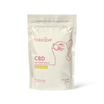


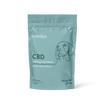
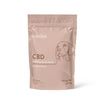




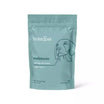





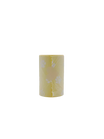

![Why Does My Dog Stink After A Bath? [Reasons Why & How To Prevent It]](http://www.holistapet.com/cdn/shop/articles/Why-Does-My-Dog-Stink-After-A-Bath.jpg?v=1686690730&width=1500)

![Dog Rash on Belly [Causes, Prevention & Remedies for Itch Relief]](http://www.holistapet.com/cdn/shop/articles/dog-rash-on-belly.jpg?v=1686690152&width=820)
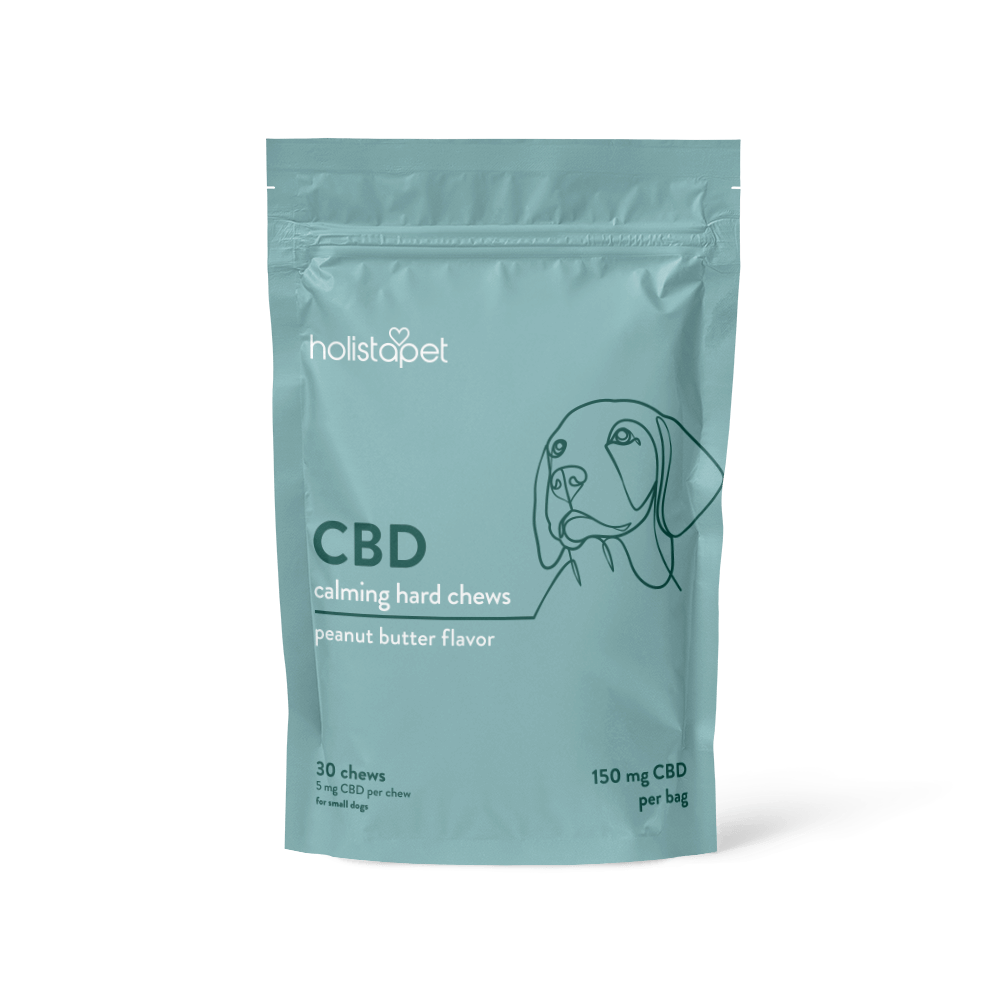
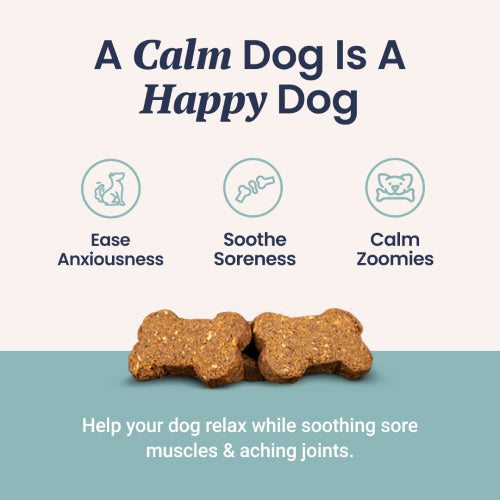
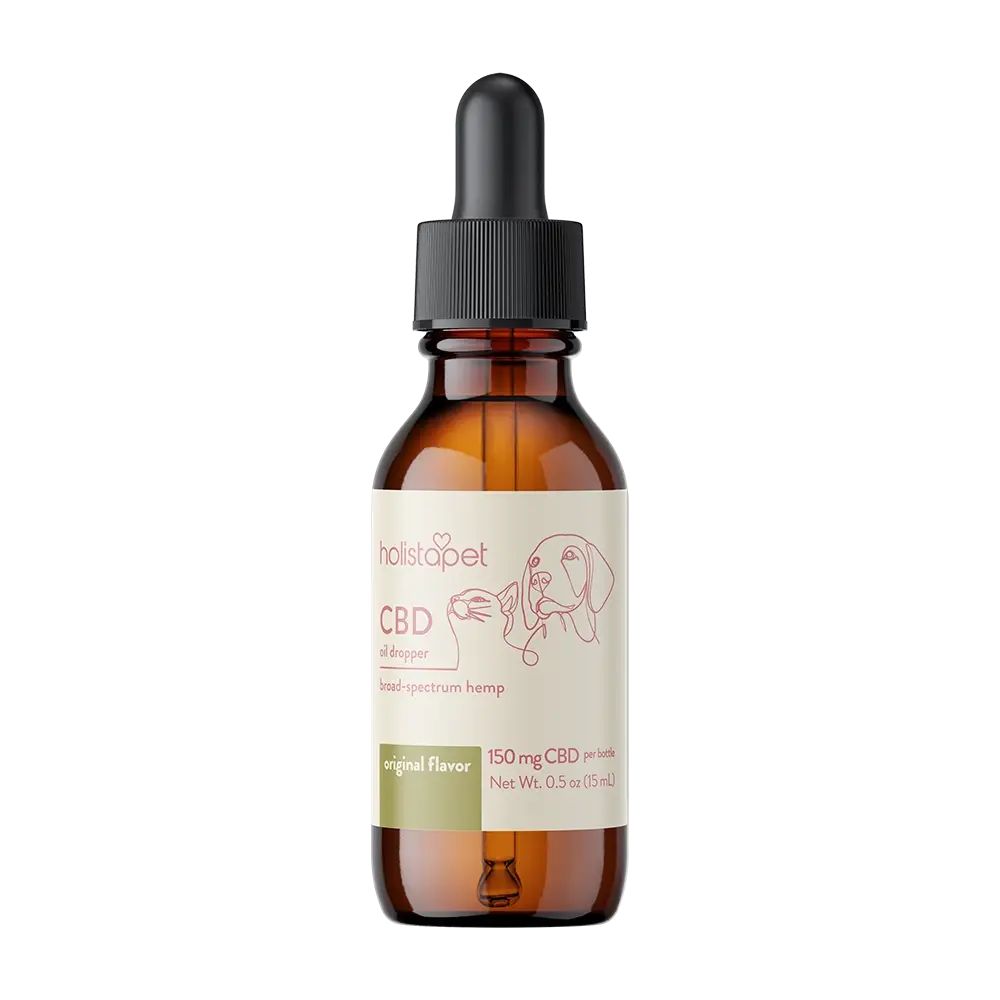

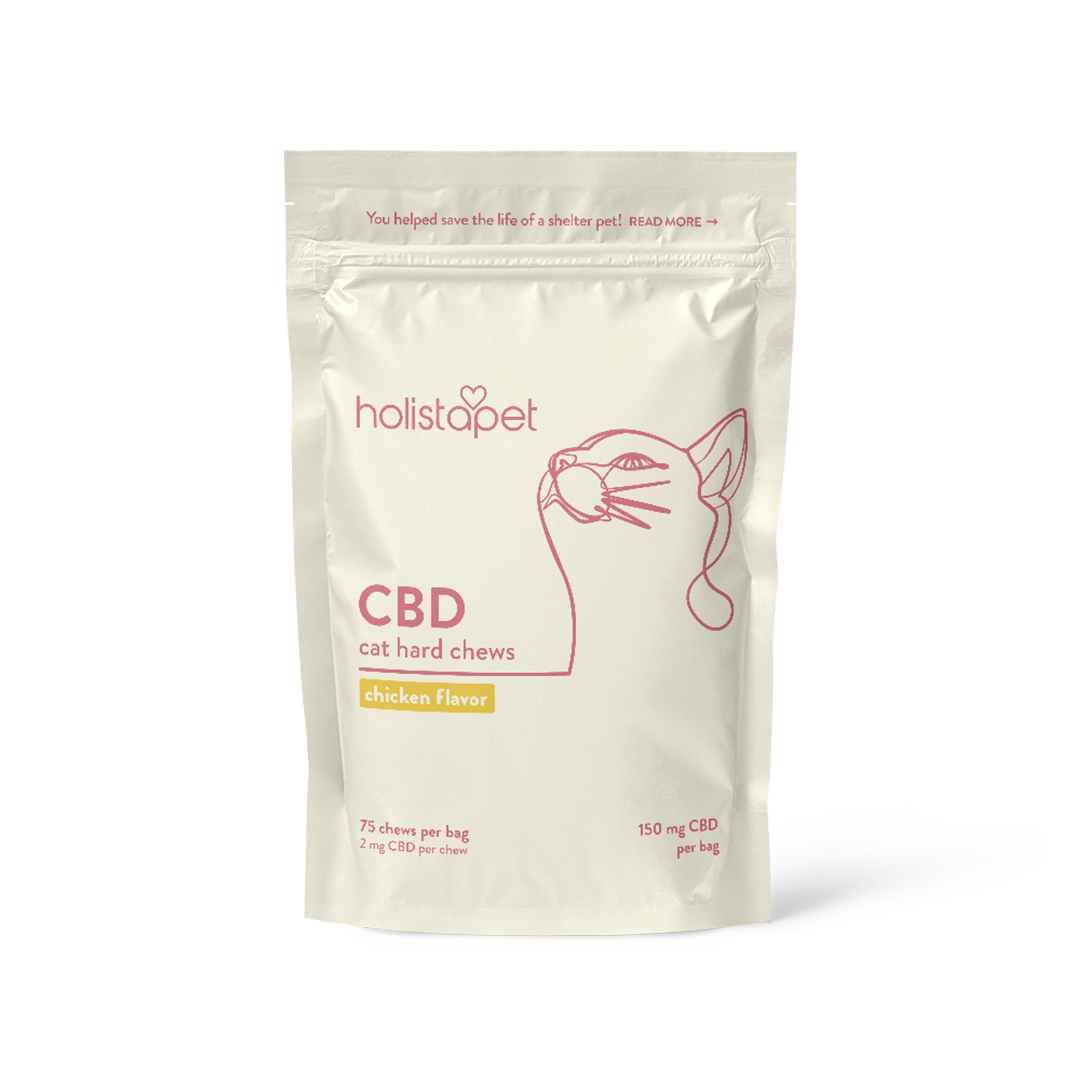

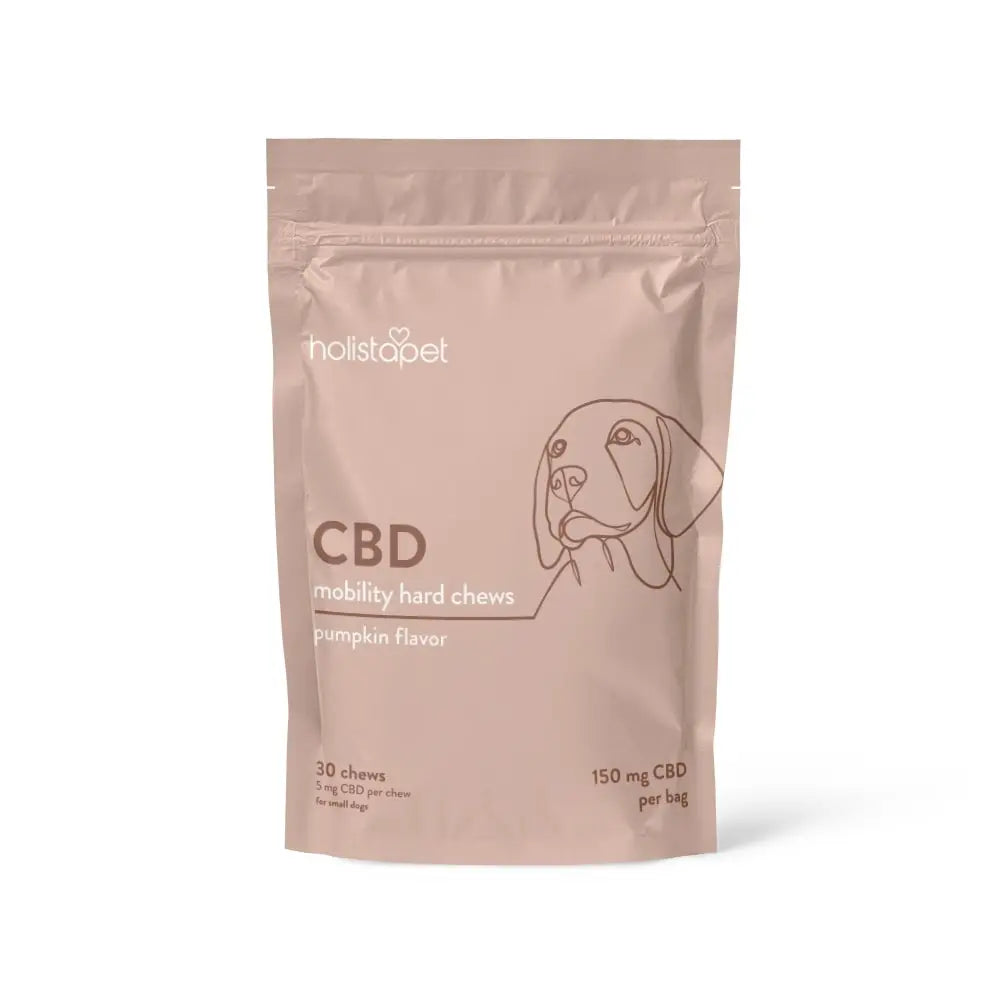

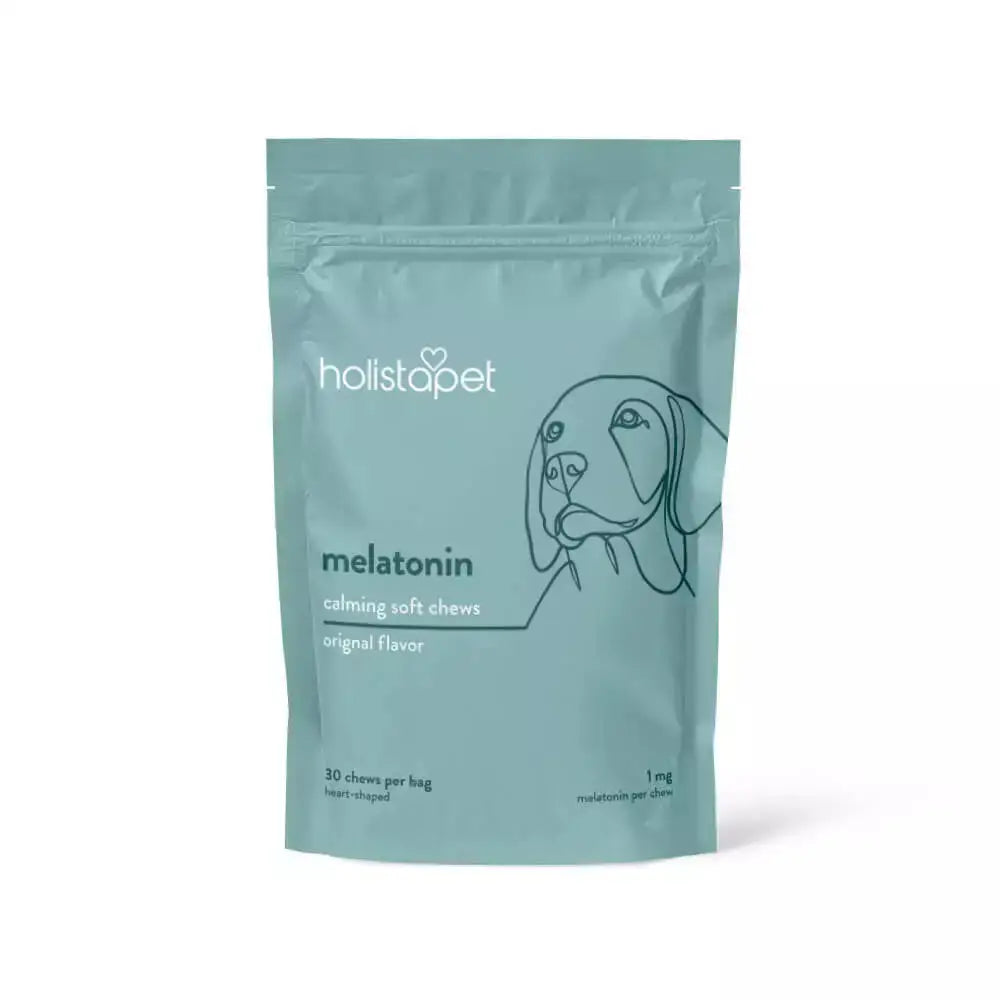

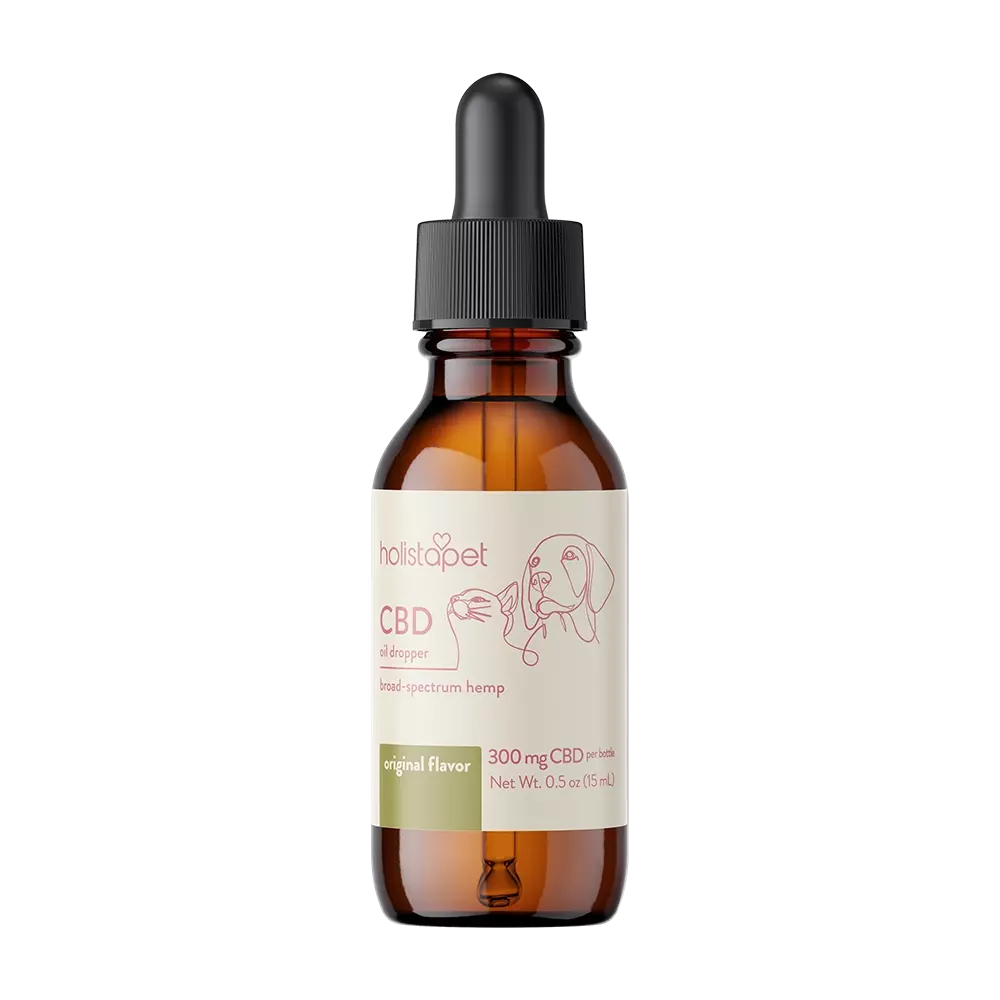

Leave a comment
This site is protected by reCAPTCHA and the Google Privacy Policy and Terms of Service apply.